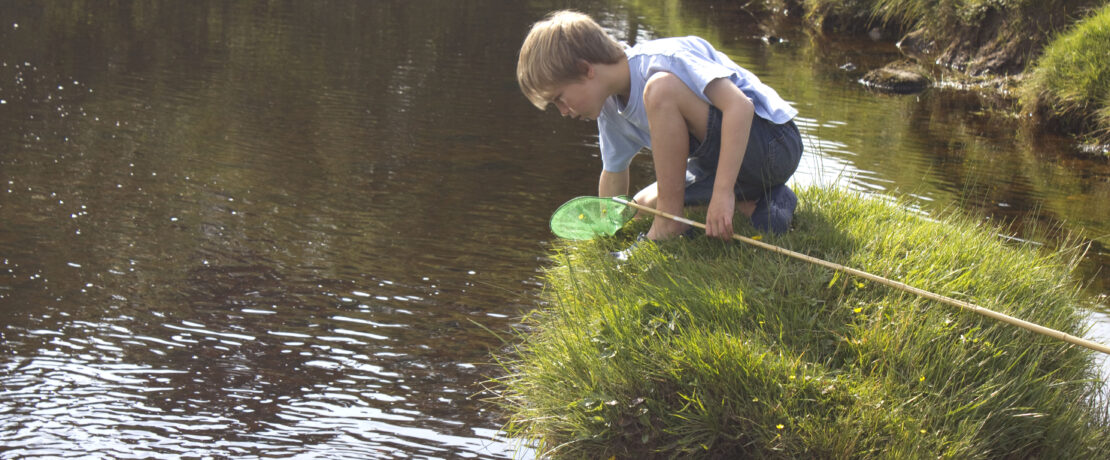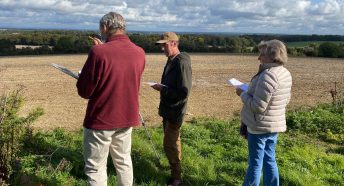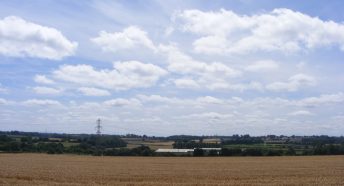The Universal Declaration of the Rights of Rivers
CPRE Hampshire has championed the rights of rivers for the last 23 years. Now things are finally moving in a positive direction.
What are the Rights of Rivers?
A Universal Declaration of the Right of a river to “personhood” sounds puzzling, but when you read what the declaration says it does make sense. Do go to the full declaration statement to see for yourself.
Fundamentally, rivers should have the RIGHT to exist and be healthy, just as people have that right and the biota that depends on them should have that right too.
The declaration states that all rivers are:
- Living entities.
- Entitled to fundamental rights. Ie
- 1) The right to flow,
- The right to perform essential functions within the river’s ecosystems,
- 3) The right to be free from pollution,
- 4) The right to feed and be fed by sustainable aquifers,
- 5) The right to native biodiversity, and;
- 6) The right to regeneration and restoration.
- Entitled to legal guardians.
And that:
- These rights shall extend to the health of watersheds and river basins.
- Indigenous communities will be represented in river guardianship.
- All states will implement these rights and provide the resources necessary to ensure they are realized.
Significantly, Basingstoke and Dean Borough Council has voted overwhelmingly (41 votes to 0 with 1 abstention) to request the Cabinet to implement the Rights of Rivers along their rivers and chalk streams. The full motion was proposed by Cllr. Kate Tuck. They have agreed to set up a working party, including key stakeholders, to work towards a Declaration on the Rights of Rivers to be endorsed by the Cabinet by Spring 2026. This follows in the wake of Lewes District Councils’ decision to protect the River Ouse. This river is on course to be the first river in England to be granted legal rights. Laws giving natural features such as rivers and mountains, or ecosystems, legal rights, have been enacted around the world, from Ecuador to New Zealand.






